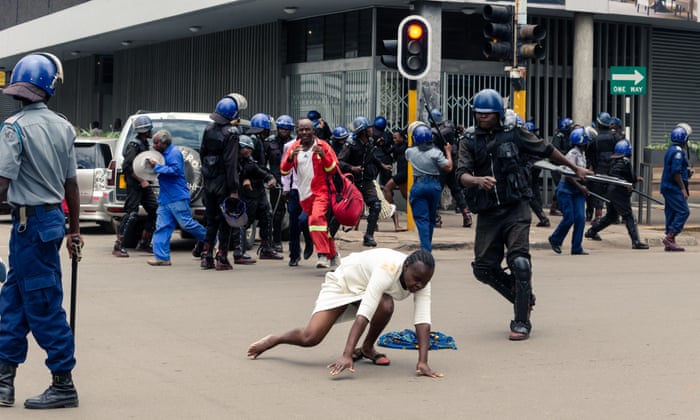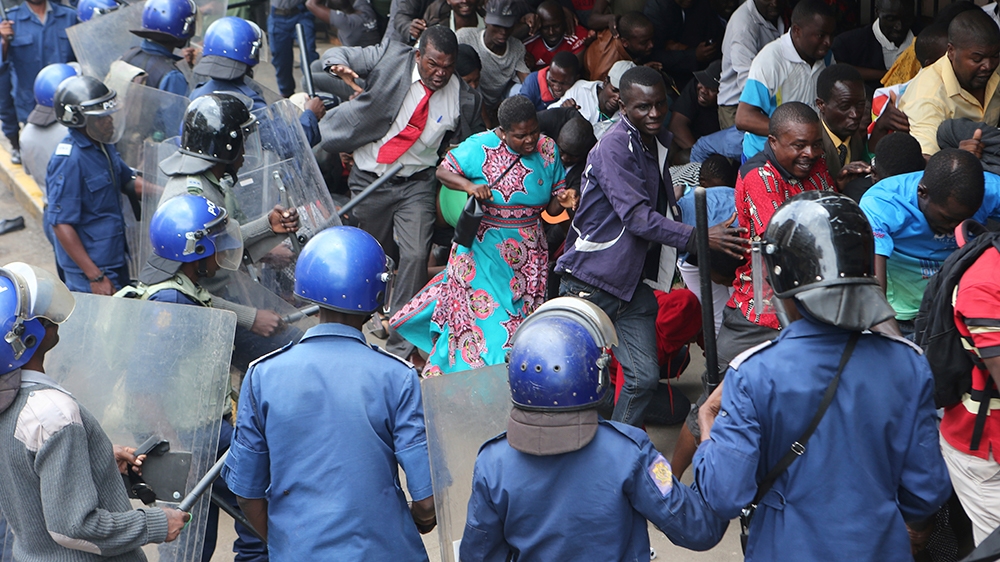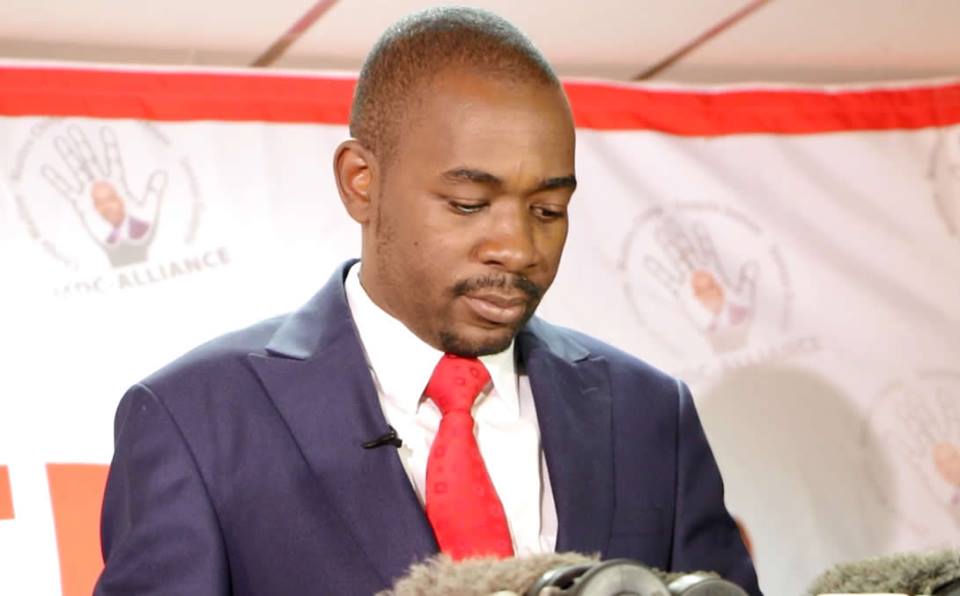
It was a moment of genuine bipartisanship at the House Ways and Means Committee in October, as Democratic and Republican sponsors alike praised a bill called the “Restoring Access to Medication Act of 2019.”
The bill, approved by the panel on a voice vote, would allow consumers to use their tax-free flexible spending accounts or health savings accounts to pay for over-the-counter medications and women’s menstrual products.
Assuming it ultimately finds its way into law, the measure would also represent the latest piece of the Affordable Care Act’s financing to be undone.
Over-the-counter medication had been eligible for preferred tax status before the ACA. But that treatment was eliminated as part of a long list of new taxes and other provisions to generate revenue. The measures were aimed primarily at higher-income earners to pay the 10-year, roughly $1 trillion cost of the health law.
“It is paid for. It is fiscally responsible,” said President Barack Obama as he signed the ACA into law in 2010.
But not so much anymore. Many of those “pay-fors,” particularly the taxes, “have been eliminated, delayed or are in jeopardy,” said Marc Goldwein of the Committee for a Responsible Federal Budget, a nonpartisan budget watchdog group. “All this stuff, it turns out, is very unpopular,” he said.
The first piece of financing to disappear happened before most of the law even took effect. Congress in 2011 repealed a requirement that small businesses report to the IRS any payment of more than $600 to a vendor. The idea was that if more payments were reported to taxing authorities, more taxes due would actually get paid. Small businesses complained — loudly — that the new paperwork requirement would be excessive and Congress (and Obama) eventually agreed. The change eliminated an estimated $17 billion in ACA financing over 10 years.
In 2015, Congress delayed (for the first time) the so-called Cadillac tax, a 40% tax on the most generous employer health plans that was intended to curb excessive use of medical services. Business, labor and patient advocacy groups banded together in a coalition called the Alliance to Fight the 40, and they got Congress to delay its implementation from 2018 to 2020. In 2018, Congress delayed it again, to 2022. This past summer, the House voted overwhelmingly to eliminate the tax, which had been estimated to raise nearly $200 billion over the next decade.
Also on ice, thanks to that 2018 bill, are levies that were supposed to be paid by medical device makers and health insurance companies, originally worth a combined $80 billion in financing during the law’s first decade.
Yet another — albeit fairly small — source of financing for the law went away in the GOP tax bill in 2017, which zeroed out the tax penalty for failing to have health insurance. The penalty raised $4 billion in 2018, the last year it was in effect.
Still, the two ACA taxes that generate the most revenue are on the books and collecting money. They are aimed at people with high incomes (more than $200,000 for individuals and $250,000 for couples) and were estimated to bring in more than $200 billion from 2010 to 2019. The measures, which don’t deal directly with services or provisions of the ACA, raise Medicare taxes for people at those higher incomes and increase taxes on unearned income.
The durability of these two taxes does not surprise Goldwein. Some are “unpopular to repeal,” he said, like “a tax on the rich that funds Medicare.”
What Goldwein does find surprising, though, is how durable some of the ACA’s reductions in spending have been. The health law, somewhat controversially, reduced Medicare payments to hospitals, insurance companies and a broad array of other health providers.
“The Medicare cuts have been for the most part surprisingly sustainable politically,” he said. Even when the GOP took over the House in 2011, their budget maintained the reductions from the ACA. So did the 2017 GOP “repeal and replace” proposal.
On the other hand, the appointed board of experts that was to rein in future Medicare spending, the “Independent Payment Advisory Board,” never got off the ground. Congress formally repealed it in 2018.
So what does this all mean? The Congressional Budget Office is no longer estimating the individual budget effect of how the ACA was paid for. But the past decade has shown that it’s been relatively easy to make hard-won tax increases go away, suggesting that interest groups, particularly health-related interest groups, still wield a lot of power on Capitol Hill.
That means that going forward, candidates’ promises about new benefits financed by new taxes should be viewed with some skepticism, said Goldwein.
Even as presidential candidates on the campaign trail are issuing financing plans, on Capitol Hill “right now everyone wants to cancel a 3% tax on the health insurance industry,” Goldwein said. That’s a reference to a major advertising campaign underway by an industry coalition of small business and insurance groups called “Stop the HIT.” The tax is one of those delayed in 2018 that will resume if Congress does not delay it again or repeal it.
Given that, he said, how likely is it that Congress — even one controlled by Democrats — would really “cancel the whole industry” by passing a “Medicare for All” bill?
Photo: zimmytws, Getty Images



 Lyle Moran is a freelance writer in San Diego who handles both journalism and content writing projects. He previously reported for the Los Angeles Daily Journal, San Diego Daily Transcript, Associated Press, and Lowell Sun. He can be reached at
Lyle Moran is a freelance writer in San Diego who handles both journalism and content writing projects. He previously reported for the Los Angeles Daily Journal, San Diego Daily Transcript, Associated Press, and Lowell Sun. He can be reached at 




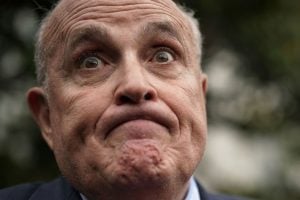

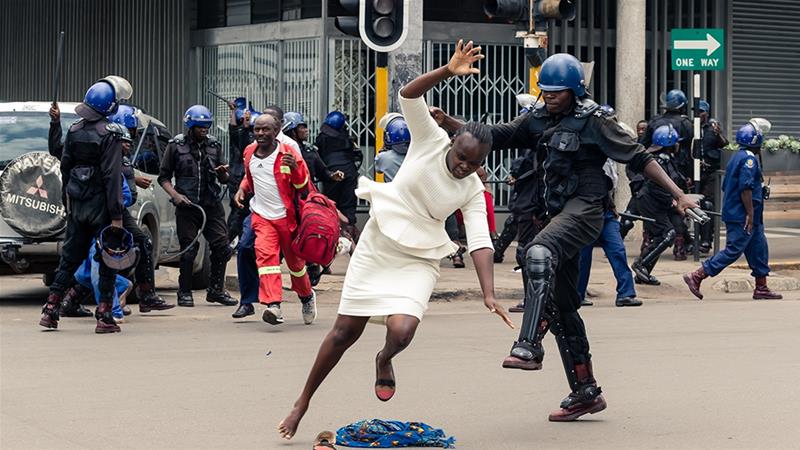

 Jordan Rothman is a partner of
Jordan Rothman is a partner of 
